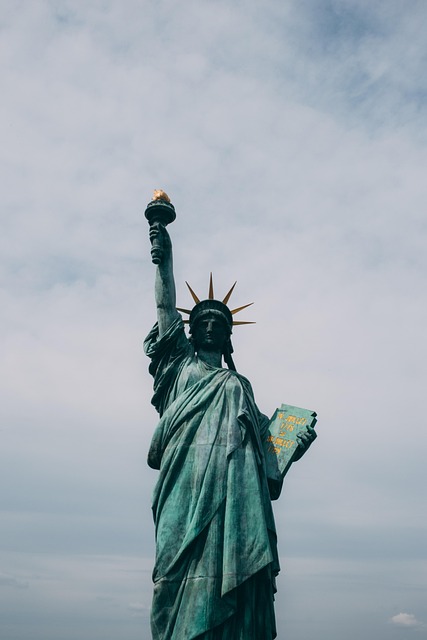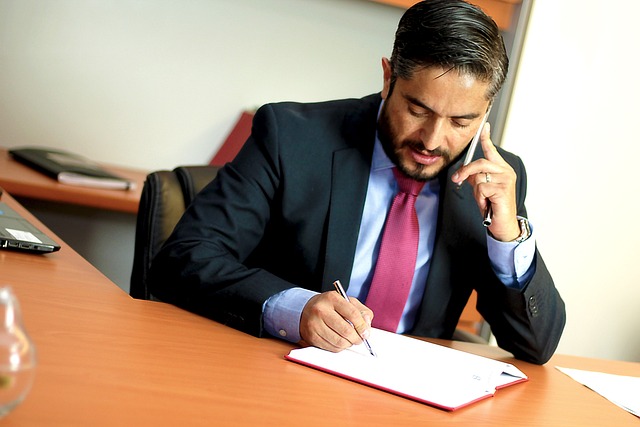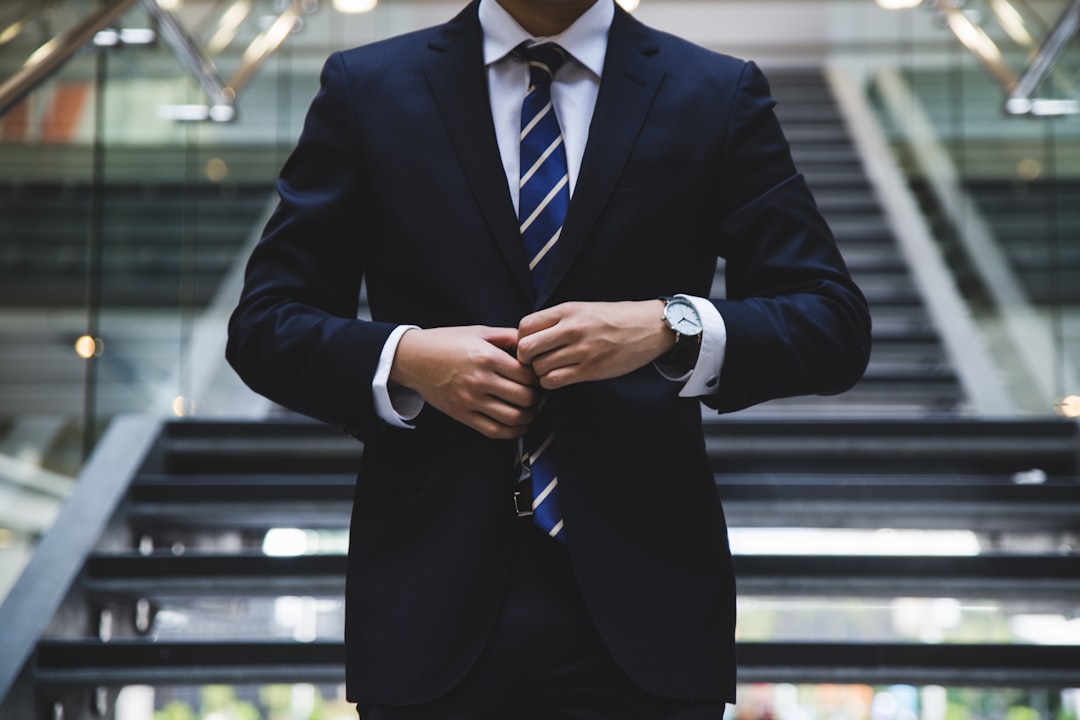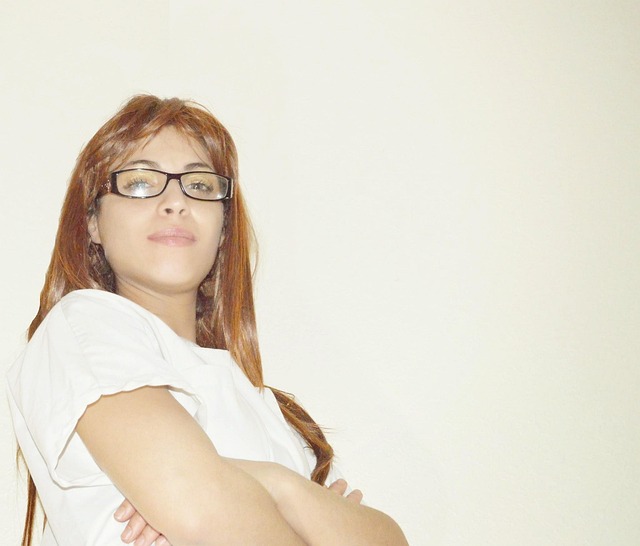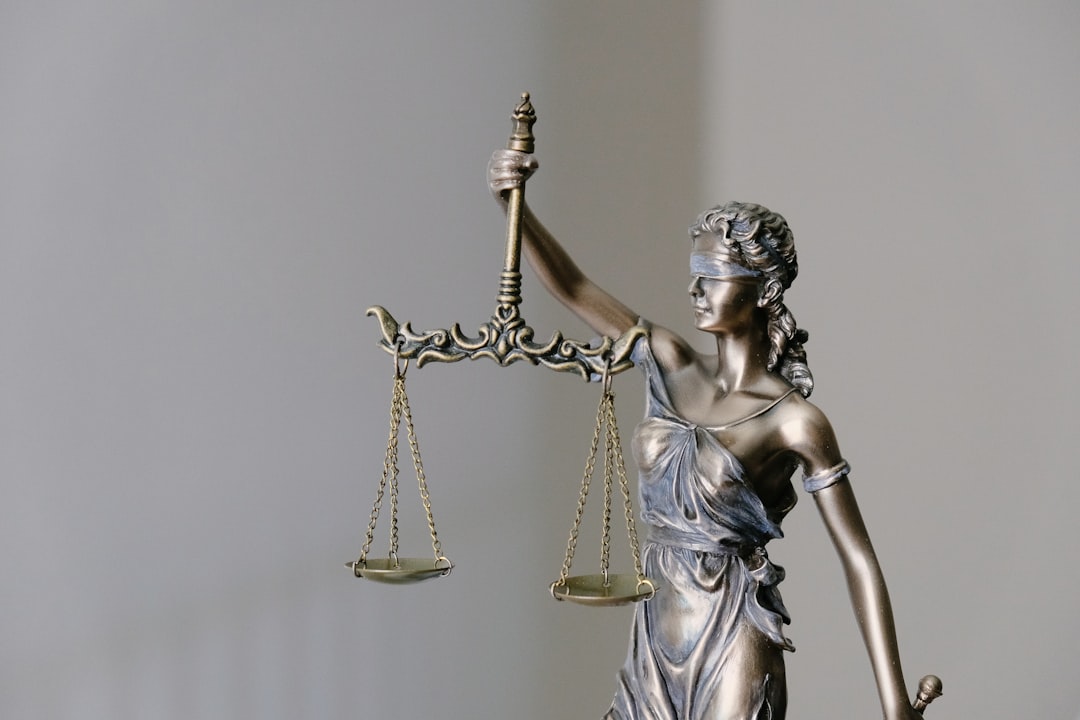Nursing home abuse, especially sexual assault, is a significant issue in New York State, prompting the adoption of surveillance cameras as a proactive measure. These cameras serve as both deterrents and crucial evidence tools, aiding legal proceedings against perpetrators and ensuring justice for elderly victims through the work of specialized elderly sexual assault attorneys. With strict privacy laws in place, surveillance footage proves invaluable for these attorneys, significantly impacting successful prosecutions and holding institutions accountable for resident safety.
Surveillance cameras have emerged as a vital tool in safeguarding the well-being of residents in nursing homes, particularly in preventing the prevalent issue of abuse. This article explores how the strategic placement of these devices acts as both a deterrent and an evidence source for incidents ranging from physical harm to the more insidious elderly sexual assault. With a focus on New York state laws and support systems for victims, it delves into the crucial role that technology and legal implications play in ensuring justice for vulnerable elders.
Understanding the Prevalence of Abuse in Nursing Homes
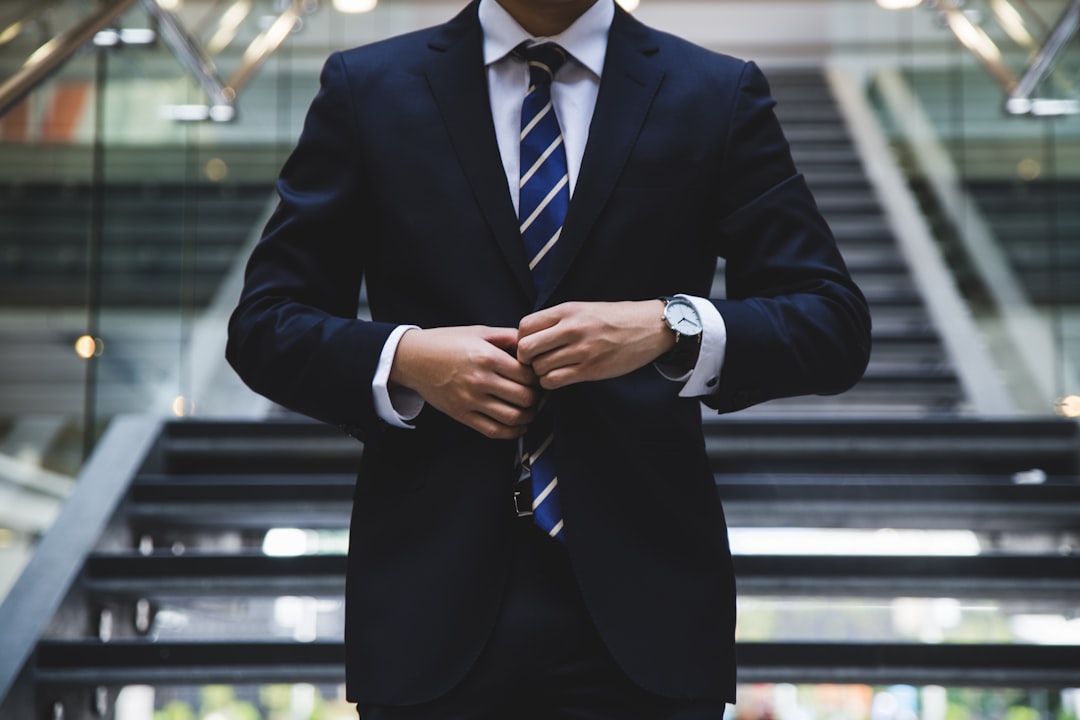
Nursing home abuse is a significant and often underreported issue, affecting vulnerable elders across New York state. From physical and emotional neglect to financial exploitation and, in the most severe cases, sexual assault, the prevalence of such misconduct within these care facilities demands attention from both regulatory bodies and concerned citizens. Elderly sexual assault attorneys in New York have seen firsthand the devastating impact of abuse on their clients’ lives, highlighting a critical need for robust prevention strategies.
The installation of surveillance cameras is one such strategy gaining traction as a powerful tool to deter potential abusers and protect residents. By providing constant visual oversight, these cameras can serve as a physical reminder of the facility’s commitment to safety, acting as a deterrent to any individual with malicious intent. Moreover, in the event of an incident, detailed footage can assist authorities, healthcare professionals, and legal experts, including elderly sexual assault attorneys New York, in investigating and prosecuting perpetrators, ensuring justice for the victims.
How Surveillance Cameras Act as a Deterrent and Evidence Tool
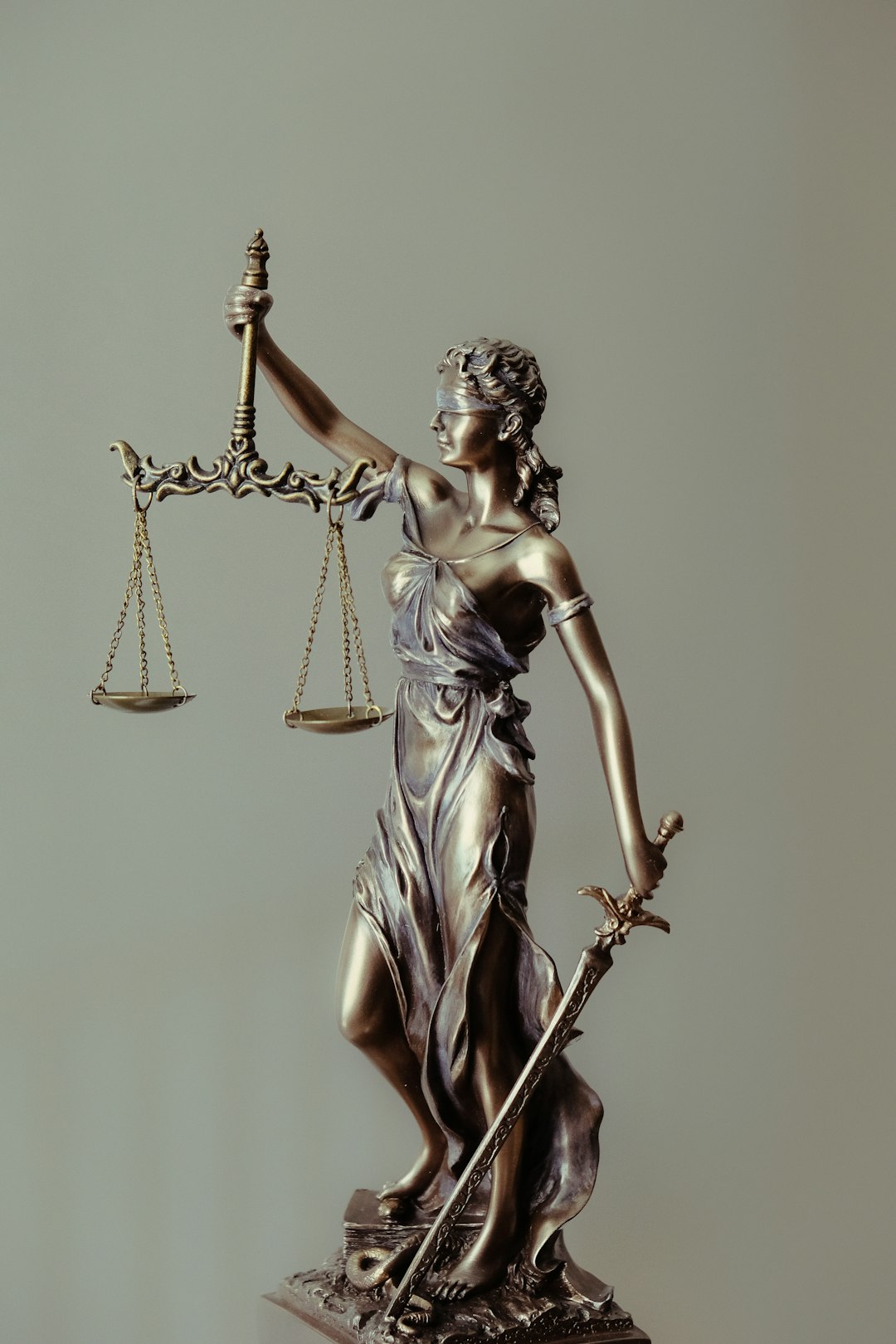
Surveillance cameras play a pivotal role in deterring and preventing nursing home abuse, including instances of neglect and even more serious crimes like sexual assault. Their constant presence acts as a visual reminder to staff members and potential abusers that their actions are being monitored. This deterrent effect is significant, as research suggests that the installation of surveillance systems can reduce abusive behaviors by up to 75%.
In the event of abuse or neglect, these cameras serve as invaluable evidence tools. High-quality footage provides clear visual proof of incidents, aiding in investigations and legal proceedings. Elderly sexual assault attorneys in New York often rely on such evidence to build strong cases against perpetrators, ensuring justice for the victims. The ability to capture and preserve unalterable images and videos can significantly impact the outcome of legal actions aimed at holding nursing homes accountable for their residents’ safety.
Legal Implications and Support for Elderly Victims in New York
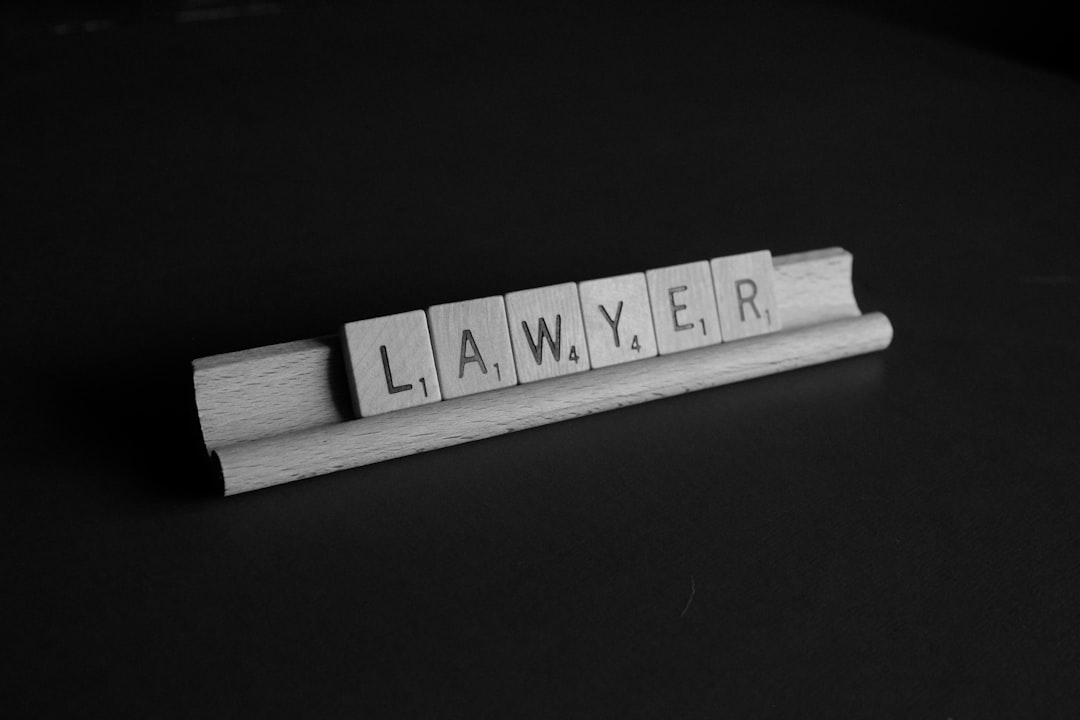
In New York, the installation and use of surveillance cameras in nursing homes are governed by strict laws designed to protect the rights of elderly residents. These regulations ensure that any footage captured is handled with privacy and confidentiality, adhering to legal standards set by state and federal guidelines. The presence of surveillance cameras serves as a powerful deterrent against potential abusers, knowing their actions may be recorded and subject to legal scrutiny.
Should an incident of abuse or neglect occur, these recordings can provide invaluable evidence for elderly sexual assault attorneys in New York. This visual documentation aids in the pursuit of justice, enabling victims’ advocates to build strong cases against perpetrators. The support system for elderly victims is robust, with numerous organizations and legal professionals dedicated to ensuring their safety, well-being, and rights are upheld, especially within institutional settings like nursing homes.
